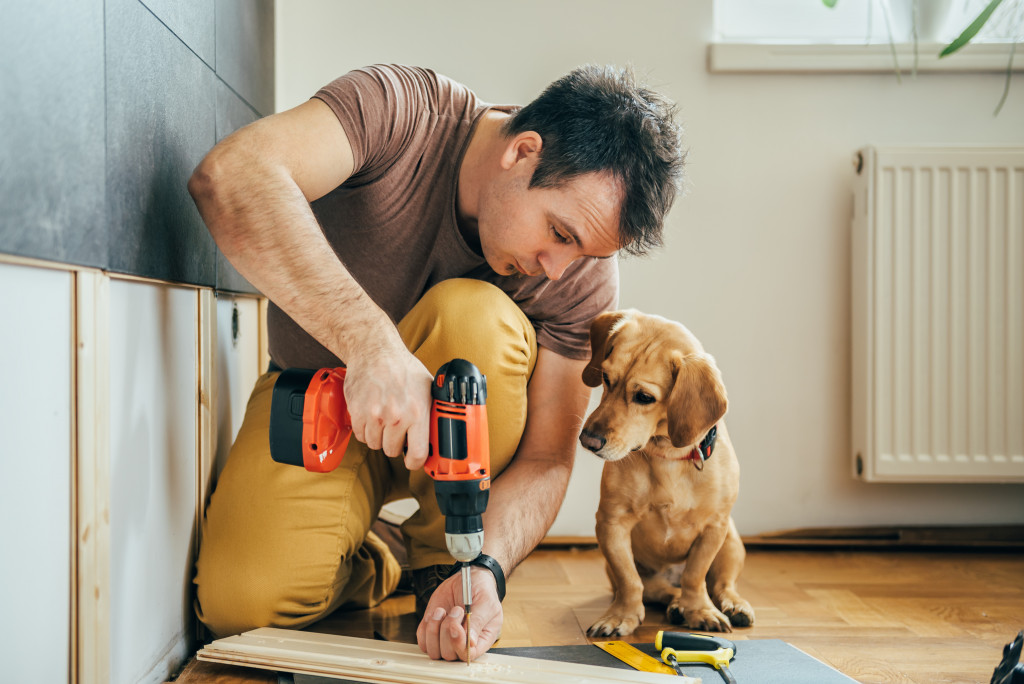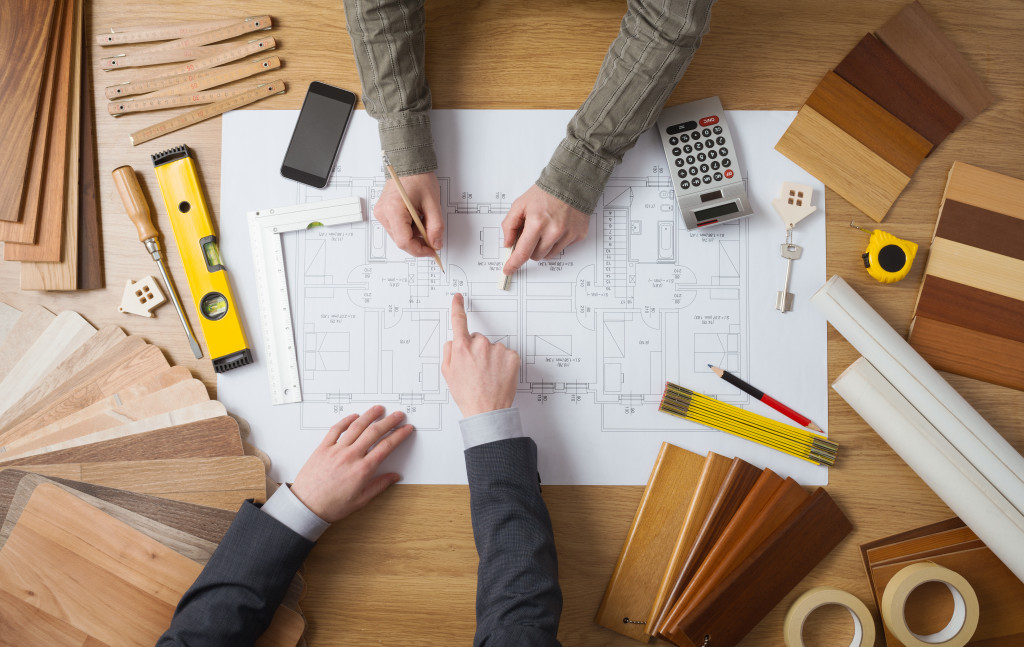Our living spaces serve as our safest sanctuaries from the dangers of the outside world. As the coronavirus pandemic drove us to spend a significant part of our lives indoors, homeowners developed a newfound relationship with their homes. Although our house keeps us safe from the spreading infection, it doesn’t completely protect us from the potential hazards and dangers that can happen inside our homes.
Here’s a fact: Your home is the place where accidents are bound to happen all the time. More accidents take place in our homes than in any place else, from fires, falls, poisoning, and choking, among others.
Countries such as the United Kingdom are taking home safety checks seriously. One example is the CP12 Gas Safety Certificate. To ensure the safety of homeowners or tenants, it is a legal obligation for landlords to have a gas safety certificate for homes equipped with gas. Having a certificate ensures the tenant that the landlord maintains safety inspections for the gas appliances and adheres to current safety standards.
Spending more time at home gives you an opportunity to transform your living space into a safe haven. A great way to start is to conduct some home improvements to protect your property and its occupants. While it’s impossible to avoid every disaster or accident, here are some simple home upgrades to lower the risks of accidents at home.
Bathrooms are sources of safety hazards
Our bathrooms, which serve as the smallest room in the house, are the most dangerous place. According to a report from the Centers for Disease Control and Prevention, around 234,000 people from the U.S. over age 15 are treated in emergency rooms because of injuries sustained in the bathroom, while almost 14% are hospitalized. The most dangerous bathroom-related activities among ages are showering, bathing, and getting out of the shower or tub, while toilet-related injuries are high among senior citizens.
With the high number of accidents in bathrooms, there are plenty of ways to reduce the risks of these hazards. Grab bars are a must in the shower, tub, and toilet area. They are quite affordable, easy to install, and come in different styles and lengths. This is especially important if you have small children or seniors at home.
You may also consider doing sitting showers instead of standing ones. To do this, install a hand-held shower hose and tub bench or chair. A removable safety rail for the bathtub is also helpful to prevent slips and falls. Place bathmats near the tub and shower or install non-slip tiles for a steady grip on the bathroom floor.

A dark and cluttered home causes slips and falls
A poorly lit house is a disaster waiting to happen. The clutter, heights, and lights are important factors that make your house safer. The rooms, stairways, entryways, and other busy areas in your home should be bright enough to allow you to move and work freely. If it’s not, hire a professional electrician to install overhead lights around strategic areas of the house.
Speaking of electricity, make sure the house is free of tangled cables. Electrical cords that are improperly placed and frayed put your house at risk of falls and fire hazards. Having additional outlets can make it look more organized and hazard-free.
Clutters around the house are also common culprits for trips and falls. Children have a habit of leaving toys and random items on the floor, so you better check places where your family often hangs out, such as the living room, stairs, and the kitchen.
While you’re at it, consider reorganizing the kitchen cabinets to make it easier to reach for items on cupboards and top shelves. Place the condiments and utensils you often use on the lower cabinets and shelves. If you have a phone in the kitchen, install it in an area within reach.
Slippery floors cause serious injuries
Wood, marble, tile, and concrete floors can be especially slippery. Spilled liquids, oils, and grease on floor surfaces cause serious injuries as well as newly cleaned floors. To reduce the floor’s slipperiness, a great tip is to invest in non-sleep cleaners or coating products. These products improve traction through slip-resistant materials, preventing severe falls and slips.
For extra measure, wear anti-sleep slippers to safeguard you against slippery falls. Also, be careful with bedroom slippers since they have inferior soles, which can be dangerous when used in bathrooms and other slippery floor surfaces.
Your home should serve as your haven, the place where every member is safe from any harm. Besides our suggestions above, it’s important to teach your family, especially the kids, to be smart and alert in everything they do. When it comes to home safety, consistent and ongoing safety behaviors and practices can go a long way in promoting a healthy and safe lifestyle for the family.

